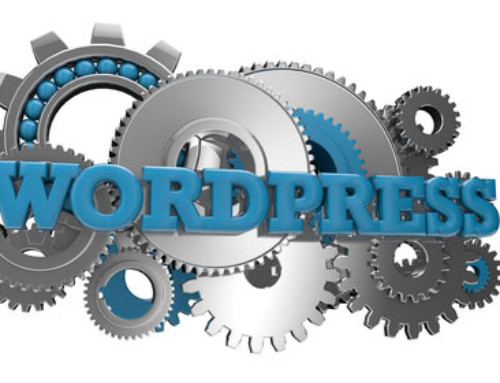Talk of social media blackouts are played down as big players meet British Government
The year of U-turns continues as talk of taking a strong line on social media applications appears to have been reeled-in.
Suggestions that the British government may insist on social media ‘black-outs’ as an extreme measure in the event of any future riots were overplayed. Testerday, politicians were keen to resist any criticism suggesting draconian measures.
In the riots which occurred in London, Manchester, Birmingham and other locations between 6th-9th August 2011, use of the social media platform Blackberry Messenger was the first to be associated with the organisation of violence and looting. Use of social media services such as Twitter and Facebook were also linked with those responsible for organising criminal behaviour. Some young offenders have since been jailed for inciting rioting on Facebook, with their actions considered serious enough to require a custodial sentence regardless of whether rioting eventually occurred in their region.
In a year when social media sites have largely been associated with liberation, freedom of speech and democracy throughout the ‘Arab Spring’, the coallition government have stated that blanket approaches will not be used in the future. Nick Clegg said yesterday “There is not going to be a Chinese or Iranian-style blackout of social media”.
Senior representatives from Facebook, Twitter and Research In Motion, the owners of Blackberry, did meet with the government recently. They declined to comment in great detail, however according to The New York Times, certain massaging of privacy rules may be on the table. Twitter have given the example that they may insist on people using their real names, rather than made up handles. Research In Motion have already agreed to assist the British police by providing information from the Blackberry messenger network under certain circumstances. RIM have previously negotiated with Saudi Arabia and India in allowing the monitoring of some users’ messages.
The commercial monitoring of social media, often used by brands to keep up to speed with what their customers are saying they like and dislike online, may be used to monitor criminal activity. This follows criticism that the police were lagging behind the rioters when it came to seeing what was being said online regarding potential targets for looting and rioting. Social media analysis software tools may well be adopted by the police on a more consistent basis, according to Mr Gordon Scobbie, a senior police officer who was present at the meeting between the government and social media executives from Twitter, Facebook and Blackberry.
It has been a year where social media has been featured on daily news items as an integral part of the Arab Spring uprisings; been used to flout privacy law court orders and reveal a ‘clean-cut’ footballer as an adulterer; drawn criticism and ridicule of the British handling of the riots from Iran and China and its use and benefits have been hotly debated in the Commons. The extent to which social interactions between people online continue to shape our lives continues to become more and more evident.

